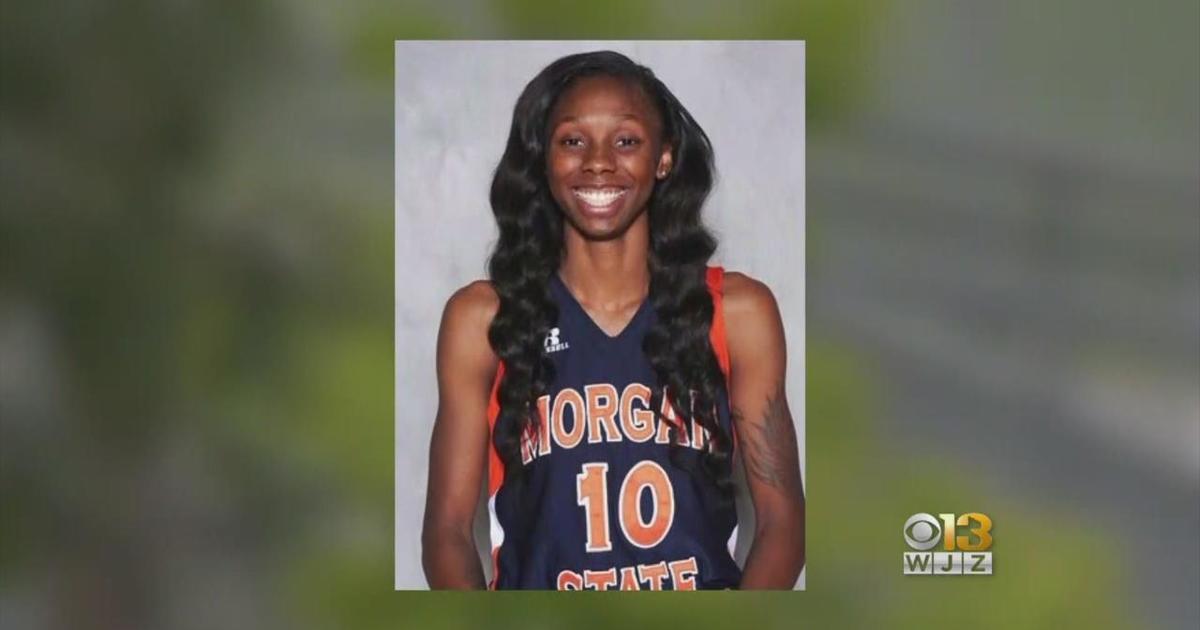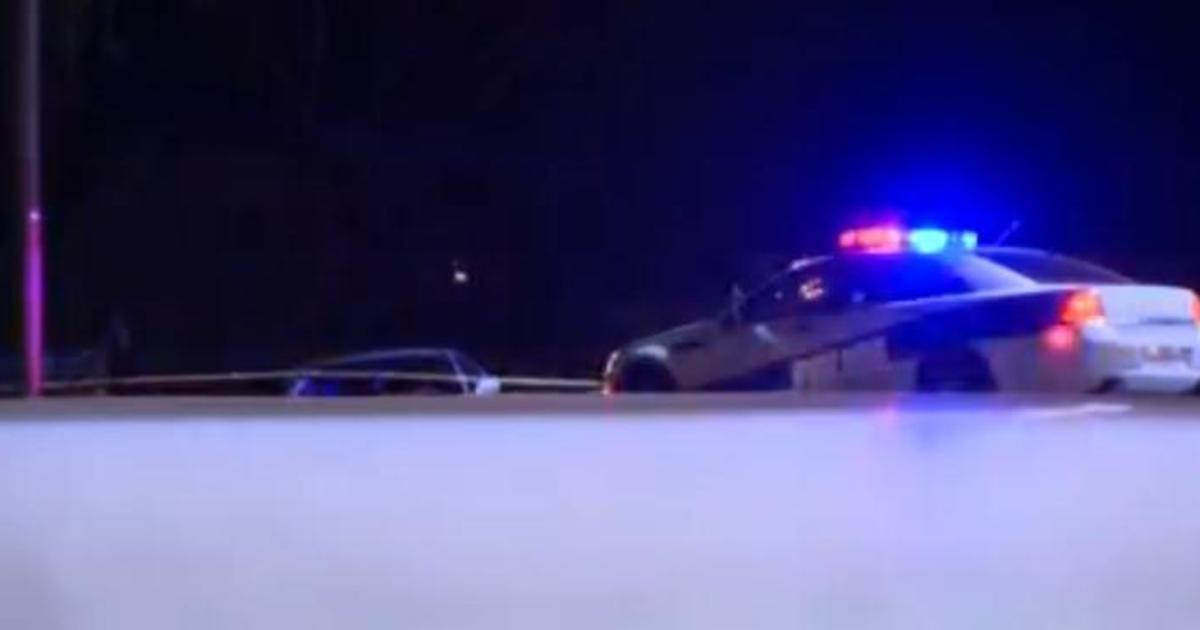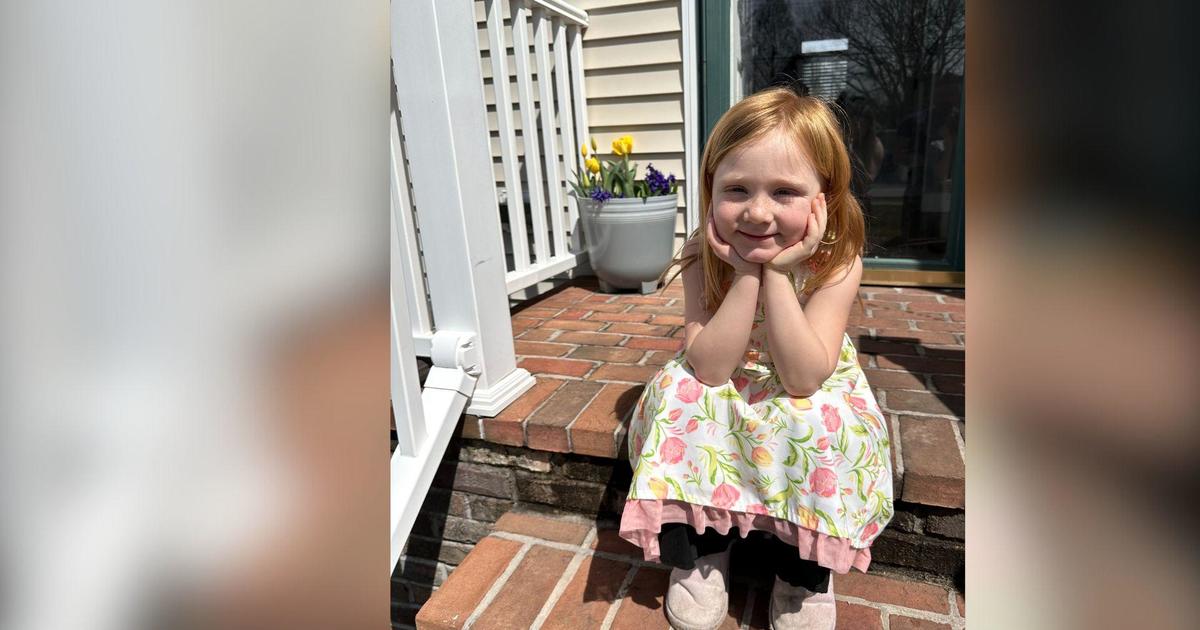Mock Drill At Morgan State Addressing Mental Health After Disaster Strikes
BALTIMORE (WJZ) -- Moments after a disaster strikes, emergency teams rush in to provide shelter, food and medicine for victims. But what about the mental health of survivors?
That's the focus of a mock drill at Morgan State University.
Gigi Barnett has more.
Dazed and disoriented survivors of a hurricane. It's a role being successfully played in a mock drill at Morgan State University. What mental health workers at this simulated state shelter are focusing on is providing swift emotional support for victims.
"This entire activity is all about helping people be prepared, helping people bounce back," said Pamela Evans, American Red Cross.
There's no phony blood splatter here. American Red Cross health workers say the damage is invisible.
"If you actually lose a loved one or a tree falls on your home, you're having a catastrophic disaster. We need to cater to that," said Johnny Hatten, Maryland Department of Human Resources.
More than 30 different scenarios are happening all at once. Pets are missing. How do owners handle the loss? Babies need supplies. How will parents handle that stress?
Every volunteer has a script.
"I was an individual that drove in my car to the shelter and I didn't want to get out of the car. And in the car, in the overwhelming-ness of what happened, I then couldn't breathe," said Lisa Fisher, drill volunteer.
Volunteers and social workers are also practicing on ways to help victims once the disaster ends and they return home.
"When you see it on television--the disaster--and when its gone the next week, that individual still is in need," Hatten said. "It takes a lot of time for someone to actually get back from having absolutely nothing."
There was a real portion to the mock drill. During the simulation, crisis teams went door to door in neighborhoods near Morgan State, informing homeowners of how they can stay safe and reduce stress during real disasters.
Drill organizers say they focused on the youth and elderly in the simulation because they are the most vulnerable victims during a disaster.
Other Local News:



